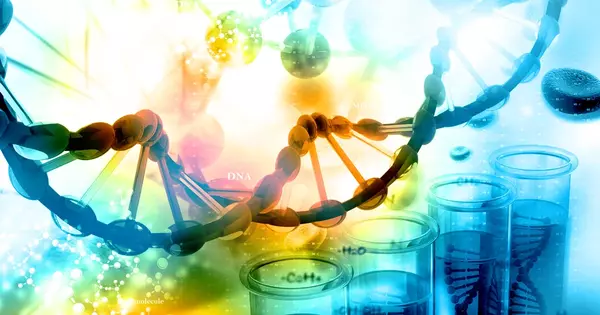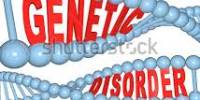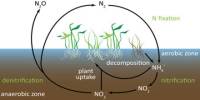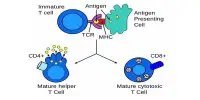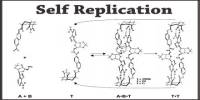Epigenetics is an emerging field that is beginning to have an impact on the clinical practice of cancer. Epigenetics refers to the study of changes in gene expression or function that do not involve changes to the underlying DNA sequence. These changes can be caused by various environmental factors, such as diet, stress, and exposure to toxins, and they can have a profound effect on an individual’s health.
In cancer, epigenetic changes can lead to the dysregulation of gene expression, which can contribute to the development and progression of the disease. Researchers are beginning to understand how these changes occur and how they can be targeted with therapies, such as drugs that modify DNA methylation or histone modification patterns. This has the potential to provide new treatment options for cancer patients and improve patient outcomes.
Researchers discuss the impact of epigenetics on cancer treatment and how it has evolved into an important tool for improving early detection, predicting disease progression, and becoming a target for new treatments.
Dr. Manel Esteller and Dr. Verónica Dávalos of the Josep Carreras Leukaemia Research Institute describe the impact of epigenetics on cancer treatment in a new article, describing how it has become a critical tool for improving early detection, predicting disease progression, and becoming a target for new treatments.
Epigenetics has gone from being a purely basic research discipline focused on studying how gene expression is controlled to a tool to improve early detection, predict the evolution of the disease and become a target for new treatments.
Dr. Esteller
The first changes in DNA related to a chemical modification known as methylation were discovered in the early 1980s, followed by the discovery of the first tumor suppressor genes inactivated by these genetic modifications in the mid-1990s. The first use of these altered marks as a biomarker of cancer disease, as well as the first use of drugs against them, occurred in the early 2000s.
Simultaneously, the first chemical modifications were discovered in histone proteins, where DNA wraps around them like a pearl necklace. The field of Epigenetics is defined by all of this “decoration” of DNA and its regulatory proteins.
Now, on an article published in the journal “CA: A Cancer Journal for Clinicians,” Dr. Manel Esteller, Director of the Josep Carreras Leukaemia Research Institute (IJC), ICREA Research Professor and Professor of Genetics at the University of Barcelona, and researcher Dr. Verónica Dávalos explain its impact on the clinical management of cancer patients.
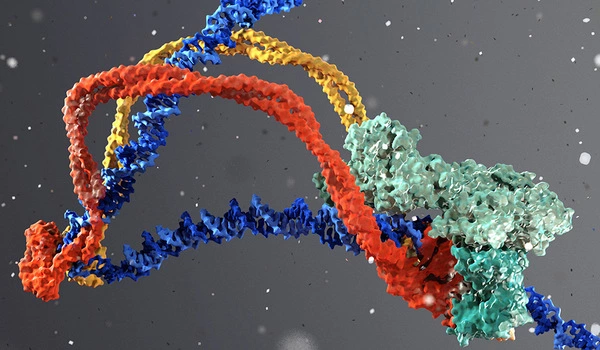
“Epigenetics has gone from being a purely basic research discipline focused on studying how gene expression is controlled to a tool to improve early detection, predict the evolution of the disease and become a target for new treatments,” -says Dr. Esteller adds “One of the most outstanding aspects of its clinical translation is its use in liquid biopsy, as well as helping in the classification of tumor types, for example, to correctly diagnose the types of tumors derived from the brain, skeletal muscles, joints, bones or of unknown origin. But, in addition to this aspect, DNA methylation profiles are approved to determine the efficacy of treatment in brain tumors and other tumor pathologies.”
One of the most appealing aspects for medical oncologists is the use of epigenetic drugs to treat cancer. There are currently nine drugs approved for clinical use against various epigenetic marks (DNA methylation, histone methylation, and acetylation) in various types of leukemia, lymphoma, and blood diseases, as well as soft tissue tumors. According to Esteller, “these treatments are usually very well tolerated by patients and, rather than killing the tumor cell, they stop its growth as if it were a tamed beast.”
Epigenetic drugs are a clinical reality and are already benefiting patients, but research is ongoing, and there is currently a whole new generation of epigenetic drugs in various stages of clinical trials that, alone or in combination with immunotherapy, can make a positive difference in many patients.
